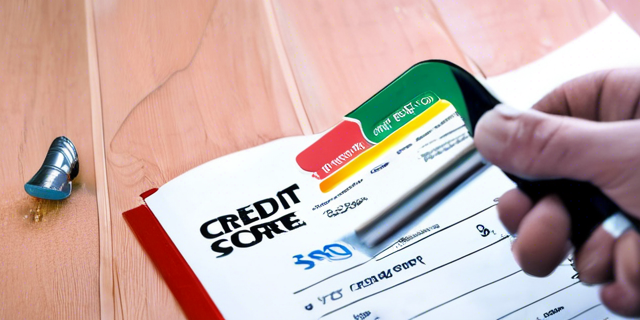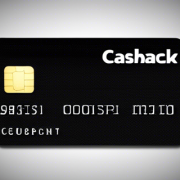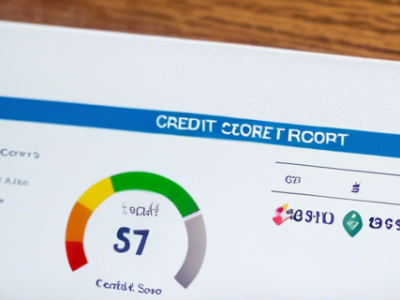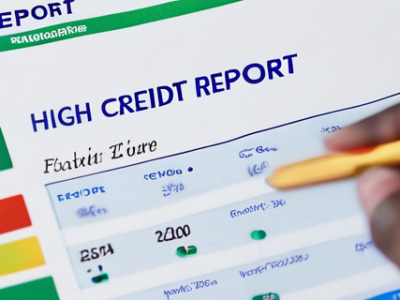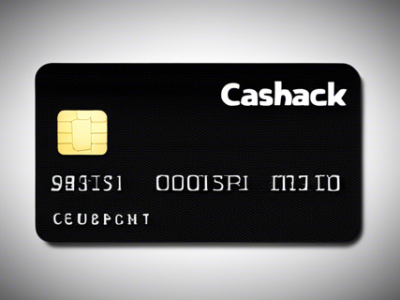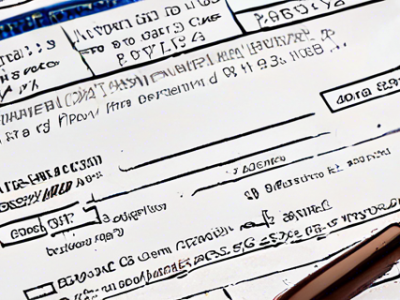Ultimate Guide on How to Repair Your Credit Score 2024

Maintaining a good credit score is crucial in today’s financial landscape. Your credit score can determine your ability to secure loans, rent an apartment, or even land a job. If your credit score has taken a hit due to missed payments, debt, or other financial mishaps, it’s essential to take steps to repair it. In this comprehensive guide, we’ll walk you through effective strategies to get your credit back on track.
Understanding Your Credit Score
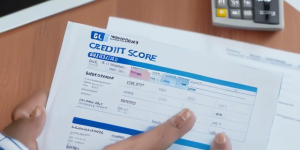
Before we dive into the repair process, let’s briefly discuss what a credit score is and why it matters. Your credit score is a three-digit number that ranges from 300 to 850, calculated based on your credit history and financial behavior. Lenders and creditors use this score to evaluate your creditworthiness and determine the risk of lending to you.
A higher credit score generally indicates a lower risk, making it easier for you to obtain loans, credit cards, and favorable interest rates. Conversely, a lower credit score may result in loan denials, higher interest rates, or stricter terms and conditions.
Factors That Affect Your Credit Score
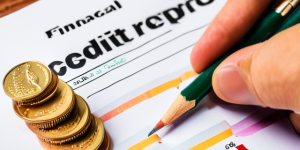
Several factors contribute to your credit score, including:
- Payment History: This is the most significant factor, accounting for approximately 35% of your score. Late or missed payments can severely damage your credit score.
- Credit Utilization: This refers to the amount of credit you’re using relative to your total available credit. Experts recommend keeping your credit utilization below 30% for a positive impact on your score.
- Length of Credit History: A longer credit history, with a mix of different types of credit (e.g., credit cards, loans, etc.), can benefit your score.
- Credit Mix: Having a diverse mix of credit types, such as revolving credit (credit cards) and installment loans (auto loans, mortgages), can improve your score.
- New Credit: Opening too many new credit accounts in a short period can temporarily lower your score.
Step 1: Obtain Your Credit Reports
The first step in repairing your credit is to obtain copies of your credit reports from the three major credit bureaus: Experian, Equifax, and TransUnion. You can request a free copy of your credit report from each bureau once a year through AnnualCreditReport.com.
Carefully review your reports for any errors, inaccuracies, or fraudulent activities. Errors on your credit report can significantly impact your score, so it’s essential to identify and dispute them.
Step 2: Dispute Errors and Inaccuracies
If you find any errors or inaccuracies in your credit reports, you should dispute them with the respective credit bureaus. Each bureau has a process for filing disputes, which typically involves submitting a written request along with supporting documentation.
Provide clear explanations and evidence to support your dispute, such as bank statements, cancelled checks, or other relevant documents. The credit bureaus are legally obligated to investigate your dispute and correct any errors.
Step 3: Negotiate with Creditors
If you have outstanding debts or accounts in collections, consider negotiating with your creditors. Many creditors are willing to work with you, especially if you’ve experienced financial hardship due to job loss, medical bills, or other extenuating circumstances.
Reach out to your creditors and explain your situation. Propose a payment plan or settlement offer that you can realistically afford. If they agree, get the agreement in writing before making any payments.
Step 4: Develop a Payment Strategy
Once you’ve identified any errors and negotiated with creditors, it’s time to develop a payment strategy. Prioritize paying off your debts, starting with those that have the most significant impact on your credit score.
Focus on making at least the minimum payments on time for all your accounts. If possible, pay more than the minimum to reduce your outstanding balances faster. Consider debt consolidation or balance transfer options to simplify your payments and potentially lower interest rates.
Step 5: Build Positive Credit History
As you work on paying off your debts, it’s also essential to build positive credit history. One effective way to do this is by obtaining a secured credit card or becoming an authorized user on someone else’s credit card account (with their permission).
Use your credit card responsibly by keeping your credit utilization low and making payments on time. Over time, this positive behavior will be reflected in your credit score.
Step 6: Monitor Your Progress
Repairing your credit score is a gradual process, and it’s essential to monitor your progress regularly. Check your credit reports periodically to ensure that errors have been corrected and that your payment history is accurately reflected.
Many credit monitoring services, such as Credit Karma or Credit Sesame, offer free credit score updates and insights into the factors affecting your score.
Conclusion: Ultimate Guide on How to Repair Your Credit Score 2024
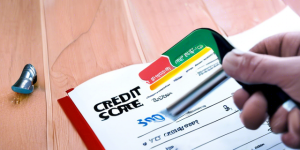
Repairing your credit score requires patience, discipline, and a consistent effort. By following the steps outlined in this guide, you can take control of your financial situation and work towards achieving a better credit score.
Remember, a good credit score not only opens doors to better lending opportunities but also serves as a reflection of your financial responsibility. Stick to your plan, remain diligent, and celebrate each milestone along the way. With time and dedication, you can rebuild your credit and pave the way for a brighter financial future.
FAQs: Ultimate Guide on How to Repair Your Credit Score 2024
- How long does it take to repair a credit score? The time it takes to repair a credit score can vary depending on the specific factors affecting your credit. Generally, it can take several months to a year or more to see significant improvements, as negative items typically remain on your credit report for up to seven years.
- Can I completely remove negative items from my credit report? It’s challenging to remove legitimate negative items, such as late payments or defaulted accounts, from your credit report before the designated time frame (usually 7 years). However, you can dispute and remove any inaccurate or fraudulent information.
- How often should I check my credit report? It’s advisable to check your credit reports from all three major credit bureaus (Experian, Equifax, and TransUnion) at least once a year. This helps you identify any errors or potential signs of identity theft early on.
- Can closing unused credit cards help improve my credit score? Closing unused credit cards can potentially hurt your credit score in the short term, as it reduces your total available credit and increases your credit utilization ratio. It’s generally better to keep unused cards open and use them occasionally to maintain a positive credit history.
- Are credit repair companies worth the cost? While credit repair companies can assist with the credit repair process, they typically charge upfront fees. Many of the services they offer, such as disputing errors and negotiating with creditors, can be done by individuals on their own for free. It’s essential to research and choose a reputable credit repair company if you decide to use one.

